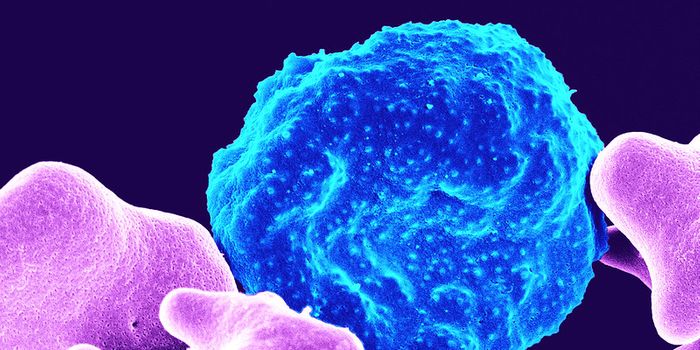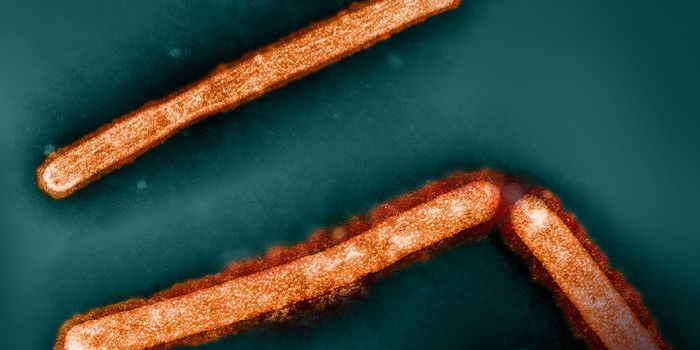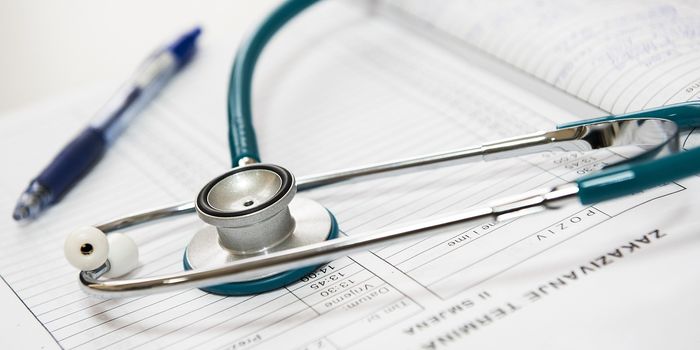In Humans, One Organ Can Age at an Accelerated Rate & A New Method IDs It
New research used data from over 5,500 people to show that our organs age at different rates, and that when one organ is particularly aged compared to the others, the carrier has a higher risk of developing a disease involving that organ, and dying. The study determined that around one in five people over the age of 50, who are reasonably healthy, carries at least one organ that has the signs of significantly accelerated aging. The findings, which were reported in Nature, also suggested that it may only require a blood test to reveal that rapidly aging organ, which could help reduce the likelihood of disease. Patients could potentially be provided with preventive medicine, before they have symptoms of disease.
"We can estimate the biological age of an organ in an apparently healthy person," said corresponding study author, Tony Wyss-Coray, PhD, a professor of neurology at Stanford University, among other appointments. "That, in turn, predicts a person's risk for disease related to that organ."
In this study, the researchers analyzed the levels of around 5,000 different proteins in samples from about 1,400 people aged 20 to 90, then analyzed the results with computational tools. The algorithm they created was made to estimate people's ages based on their protein levels. The investigators focused on proteins that are encoded by genes which are four times more active in a specific organ compared to others. There were found to be about 900 proteins that were characterized by this kind of organ specific activity. The scientists determined that almost 1,000 proteins had originated from a single organ, and that abnormal levels of those proteins were associated with the accelerated aging of one organ, and an increase in the risk of disease and death.
The accuracy of this method was then verified with another 4,000 people. The protein set that had already been identified was analyzed in this group to assess the aging status of eleven organs. Levels of organ-specific proteins were analyzed for each person. The scientists found an age gap, in which one organ was not aligned with the person's actual age. Computational tools were used to estimate the ages of these aberrant organs.
Almost 20 percent of people over the age of 50, or around one in five, had at least one organ that was aging at a far faster rate compared to average, noted Wyss-Coray. Those people also had a higher risk of developing a disease in that organ within fifteen years. Depending on the organ that was affected, a 15 to 50 percent higher risk of death was present within fifteen years.
For example, when the heart was the organ that was aging more rapidly, a person had a 2.5 higher risk of heart failure compared to those with a heart that was a closer match to their biological age. When brains were aging more rapidly, there was a 1.8 higher risk of cognitive decline within five years compared to people who had younger brains.
Not many people were found to have more than one organ aging at an accelerated rate; only about one in 60 people had two rapidly aging organs. Of those with two rapidly aging organs, the risk of death was increased 6.5 times.
Several of the study authors have co-created a company called Teal Omics Inc., which will attempt to commercialize the findings, and a patent application has been filed.
Sources: Stanford University, Nature









